I'm developing an iPhone application and I've just created this method (it's in a singleton class):
- (NSDictionary *)getLastPosts
{
SBJsonParser *parser = [[SBJsonParser alloc] init];
NSURLRequest *request = [NSURLRequest requestWithURL:
[NSURL URLWithString:http://example.org/last/]];
NSData *response = [NSURLConnection sendSynchronousRequest:request returningResponse:nil error:nil];
NSString *json_string = [[NSString alloc] initWithData:response encoding:NSUTF8StringEncoding];
NSDictionary *data_dict = [parser objectWithString:json_string error:nil];
// release stuff
[parser release];
[request release];
[response release];
[json_string release];
return data_dict;
}
I'm a newbie obj-c developer so I'm not sure of this two things:
- Is it correct the four vars release in the method's end?
- When should I release the NSDictionary
data_dict?
UPDATE 1
If data_dict was NSDictionary *data_dict = [[NSDictionary alloc] init] when I'll should release it?
UPDATE 2

In the caller I have this:
- (void)callerMethod
{
NSDictionary *tmpDict = [mySingleton getLastPosts];
NSLog(@"retain count: %d", [tmpDict retainCount]);
}
and the debug console prints:
retain count: 2
- Why "Xcode Analyze" says me these lines?
- And why the retain count it's 2?